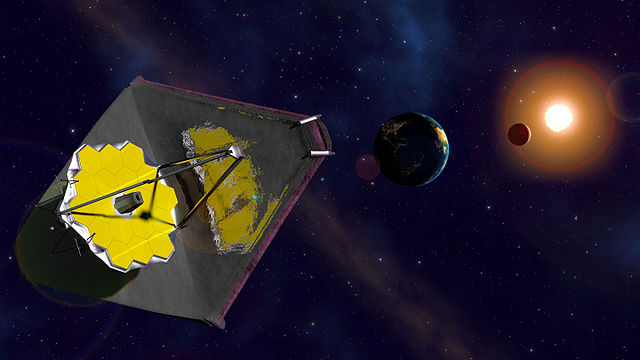


Ann Gauger: A Scientist’s Journey into the Intelligent Design Movement
On today’s ID the Future, biologist and intelligent design researcher Ann Gauger tells host Eric Anderson the rest of her story about how she was drawn into the intelligent design movement. The two discuss everything from the challenges she faced making it in a male-dominated field to the evidential power of beauty in the natural world. But how did she end up in the ID movement? After stepping out of a promising career as a research scientist to focus on her family and meeting the needs of an autistic child, she assumed that her life as a scientist was behind her. But then several years later she began reading the work of Darwin skeptics and intelligent design trailblazers—Phillip Johnson, Jonathan Wells, Michael Behe, and others—and then she realized they were all associated with a think tank, Discovery Institute’s Center for Science and Culture, just down the street from where she lived. She eventually signed DI’s Dissent from Darwin list, then a year or so after that she signed up for a regular ID newsletter, Nota Bene, signing her name “Ann Gauger, PhD.” She got a phone call from someone at Discovery Institute twenty minutes later. The rest of the story is by turns comical, inspiring, and touching. Before wrapping up her story she urges young women scientists to not let themselves get pressured out of contributing just because STEM fields tend to be male dominated. And she shares a story of being accused at a public university event of lying and suppressing research evidence that supposedly supported evolutionary theory. Not true, she explains.

Bijan Nemati on What the James Webb Telescope May Discover
Today’s ID the Future explores with physicist and space telescope expert Bijan Nemati the amazing discoveries that may await us when the singularly powerful James Webb space telescope goes on line in summer 2022. Nemati and host Jay Richards, co-author of The Privileged Planet, discuss the telescope’s ability to see far deeper into space than any previous telescope, and further into the past. If all goes well it will be able to see so far into the past, Nemati says, that we will get glimpses of the universe close to when galaxies were first forming, not long after the Big Bang. These glimpses may confirm our most current ideas of early cosmic history and galaxy formation, or turn them on their head. Nemati also explains how the new space telescope, already launched and arrived at its orbital point in space, will provide us potentially exciting new information about extrasolar planets. What are the telescope’s strengths and weaknesses, and are there any other telescopes in the works to complement the Webb telescope? As a matter of fact, Nemati himself is working on one of those future telescopes, and he gives Richards and podcast listeners a sneak peek at the project.